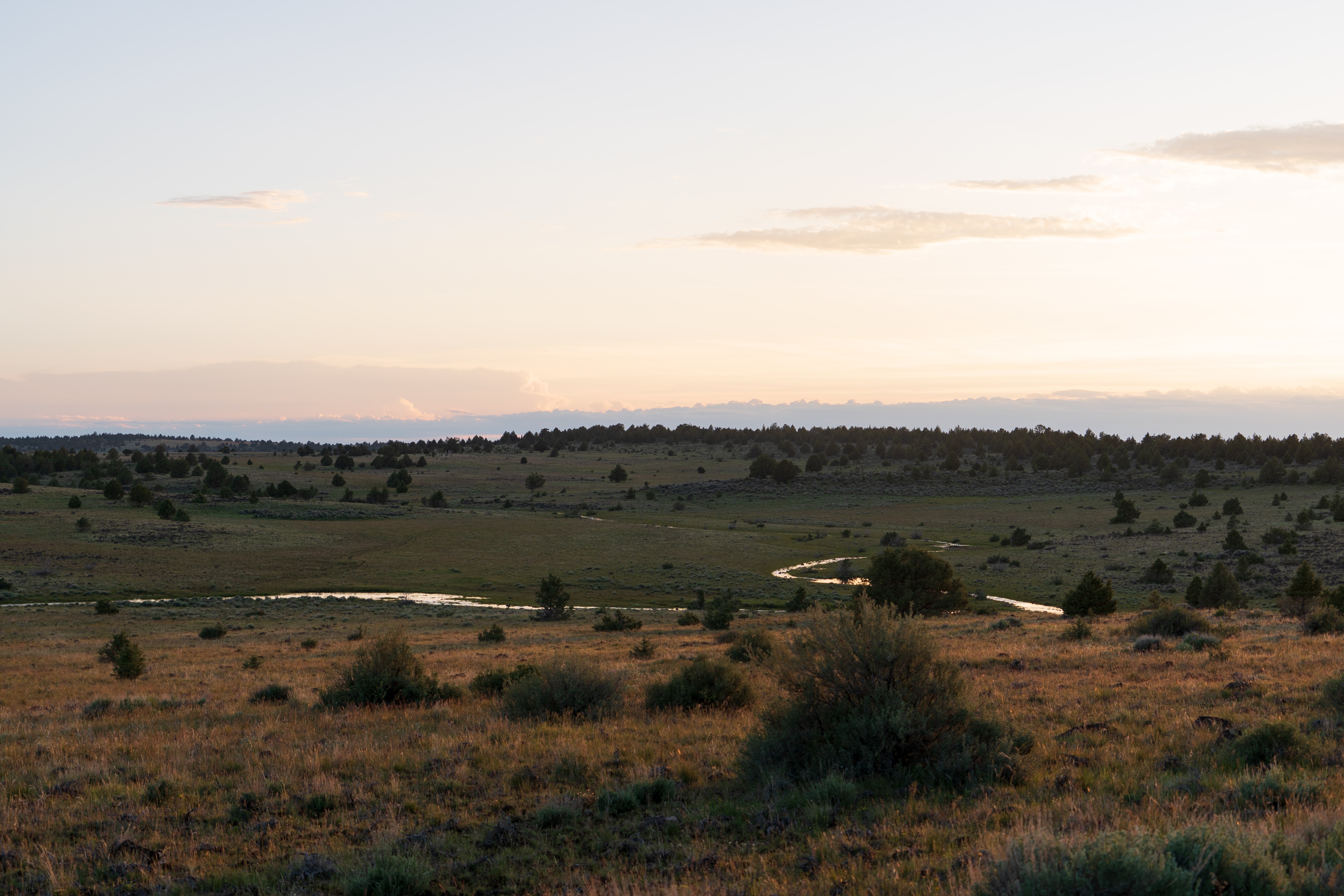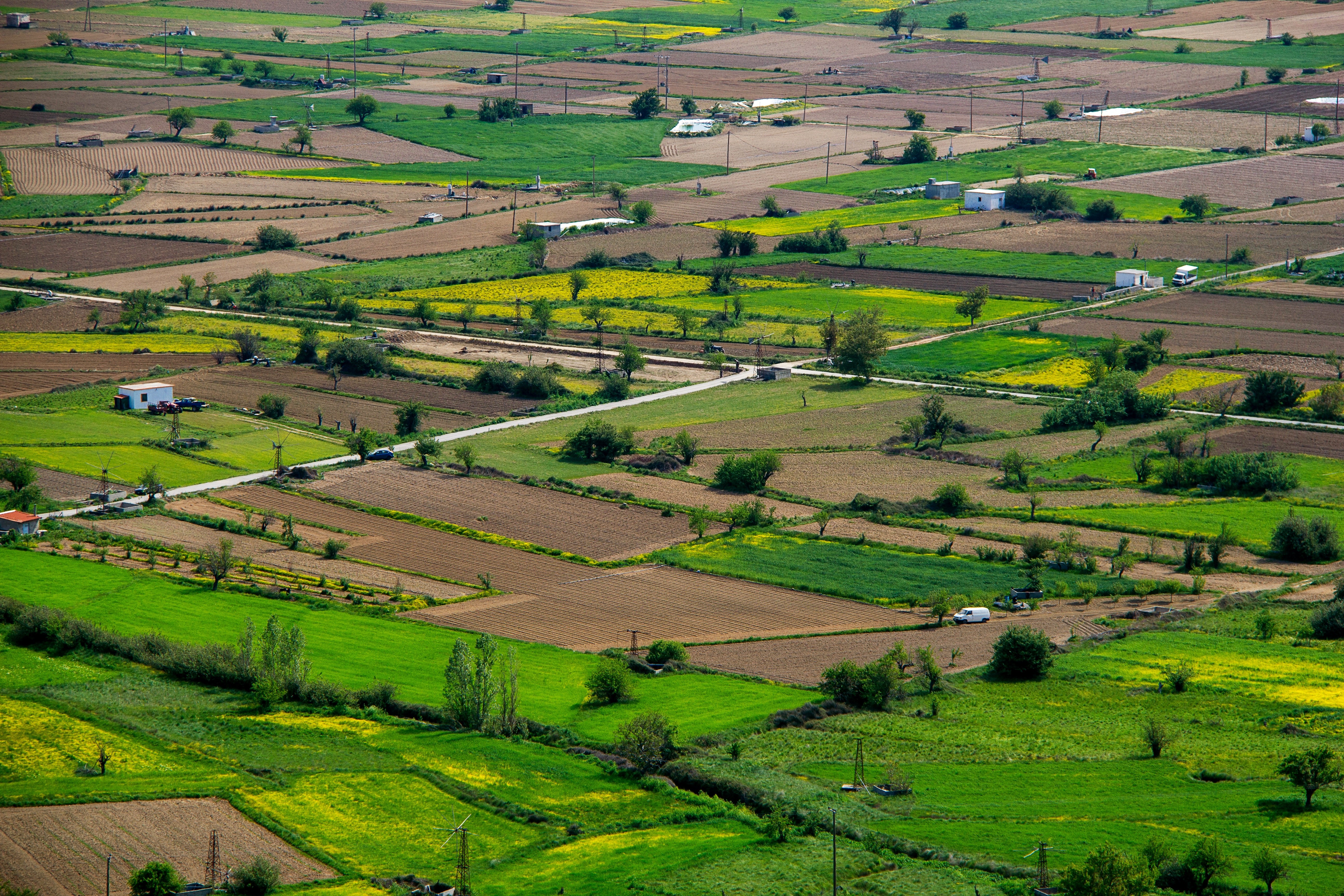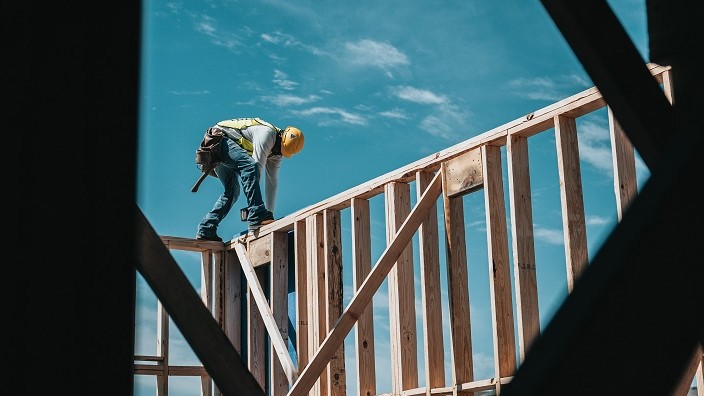 If you’ve been thinking about building your own home or an investment property, you’ve probably heard of construction loans, but land loans may have slipped under your radar.
If you’ve been thinking about building your own home or an investment property, you’ve probably heard of construction loans, but land loans may have slipped under your radar.
While often lumped together with construction loans and home loans, land loans have their own differences and benefits, and shouldn't be ignored.
In this guide we’ll explain what land loans are, some of their features and benefits, and factors you should consider before taking out a loan.
How do land loans work?
What is a construction loan?
Essentially, a land loan is a type of home loan that you can use to purchase a plot of vacant land. Like a regular home loan, you’ll still have to provide a suitable deposit and meet your repayment deadlines and loan agreement conditions.
Some people choose to combine their land loans with construction loans so that they can start building on their land straight away.
Factors to consider when getting a land loan
Location
The location of your land is crucial, and researching the local area is a must. Land prices can fluctuate significantly, and knowing how your area is performing can help you decide when you should buy your land. While size is important, location has a huge impact on the value of your land and is not something you should underestimate.
Something else to keep in mind when researching is the environment around your land- is it located near a river, on the coastline, or in a bushfire prone area? If you choose to construct on your land, will it be difficult for builders or machines to access?
Size
The size of your land can greatly affect its value, so it’s important to pick the right plot for you. If you do plan on constructing on your land, pick a plot that fits your needs. It can be tempting to pick a large plot, but you may not need all that space, and it may not be worth it. On the other hand, having a piece of land that’s too small can also cause problems, so you’ll have to strike the right balance when considering your purpose.
Use
 Last but not least, the reason you are buying land can help you decide if you should take out a land loan, or a joint land and construction loan. While it can be risky, some people buy land and keep it as an investment, and don’t alter or build on it.
Last but not least, the reason you are buying land can help you decide if you should take out a land loan, or a joint land and construction loan. While it can be risky, some people buy land and keep it as an investment, and don’t alter or build on it.
Others plan to build on their land but may wait until the right time. If either of these sound like you, and you’ve done your research, a land loan will likely be your best option.
If you know that you want to build on your land and want to do it as soon as possible, you might consider a joint loan. The benefit of this is that it is usually less risky for lenders, so you may receive a more favourable loan agreement. However, the downside of construction loans is that you have to commence construction soon after you purchase the land, so you’ll have to get cracking quickly.
Features and benefits of land loans
One of the major benefits of a land loan is that unlike a construction loan, you don’t have to start building on your land as soon as you buy it! This gives you more time to flesh out your plan and decide what you want to do with your property. Buying land can be stressful, so having this extra breathing room can be a major help.
Another benefit is that land loans can usually be either fixed or variable, giving you the flexibility to split your loan. Construction loans usually only offer variable interest rates, so don’t let you lock in a rate.
Land loan rates and fees
You can find our current owner occupied and investment home loan rates on our website. As with a home loan, you may have to pay additional fees, such as late payment or settlement fees, processing fees, and government registration fees or charges, depending on your agreement.
When should I apply for a land loan?
 As with any home loan its good to be prepared, so consider applying early or getting pre-approval so that you’re all good to go when its time to buy your dream plot. Despite this, there are some situations where you may want to delay applying:
As with any home loan its good to be prepared, so consider applying early or getting pre-approval so that you’re all good to go when its time to buy your dream plot. Despite this, there are some situations where you may want to delay applying:
Why are you getting a land loan?
The reason you’re getting a land loan can affect when you should apply. Buying vacant land can be riskier than buying a property, so take the time to plan out what you want to do with your plot. For example, are you planning on building a home and living on the land, or are you building an investment property? Waiting to apply until you have a more concrete plan may help make the application process smoother.
Are you also taking out a construction loan?
As we mentioned earlier, the benefit of a land loan is that you don’t have to start construction once you buy your plot of land, and the timeline for applying for your loan won’t be as strict. However, if you plan on taking out a joint land and construction loan, be aware that the application process may be more involved.
This is because you’ll need to have a lot of documentation prepared before you start construction, such as your builder’s license, the building contract, council approved plans, and potentially a survey report. If you do plan on taking out a joint loan, planning early and reaching out to your lender as soon as possible can help you start off on the right foot.
How much can I borrow for a land loan?
Accessing Your Home's Equity - Its Benefits, Uses, and Costs
If you take out a construction loan alongside your land loan and intend on living in your property, lenders can usually lend up to 90% of your property’s value. If you do borrow up to 90%, Lender’s Mortgage Insurance (LMI) will apply. If you want to avoid LMI, you’ll need a deposit of at least 20% of the property’s value.
You may also be able to use some of the equity in your home to finance your land loan.
Steps to acquiring a land loan?
Applying for a land loan is easy as- it’s the same as applying for a home or construction loan! Here at Greater Bank, there are four different ways you can start applying for a land loan:
- Fill out an online application form
- Come into a branch
- Create an appointment with a mobile lender
- Call our Contact Centre on 13 13 86
This article is intended to provide general information of an educational nature only. This information has been prepared without taking into account your objectives, financial situation or needs. Therefore, before acting on this information, you should consider its appropriateness having regard to these matters and the product terms and conditions. Terms, conditions, fees, charges and credit criteria apply. Information in this article is current as at the date of publication.



